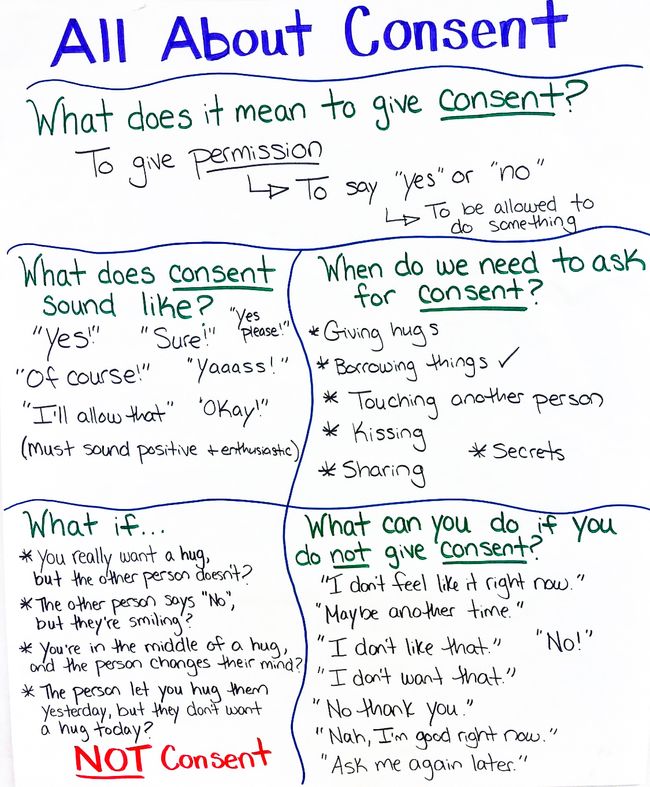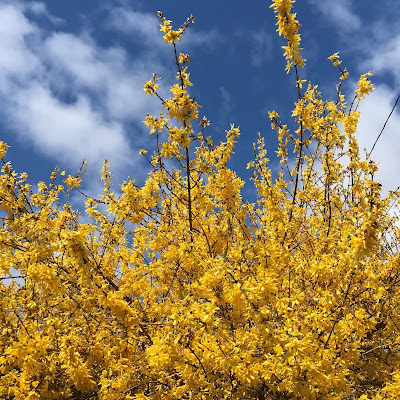
You know, having said it so often, that we don't choose our preaching texts, and that the Narrative Lectionary really throws us some curveballs sometimes. This Sunday, when we're readying to celebrate a baptism, is no exception. The symbolic receiving of renewed life through an outpouring of water on the same day when our scripture is rooted in the arid dryness of water withheld. God's anger has been raised at the king Abah, worshiper of foreign gods - in particular Baal, the god of thunder, rain and fertility - and God has caused the land and sky to dry up.
Baptism or no, we begin our story in drought and famine. An international crisis of epic proportion. Death is every present. Anxiety and fear are the norm. Now this sounds pretty familiar. We don't choose our texts, but there is something about this story that feels very real. In the midst of this drough we meet a woman in Zarephath. She seems to be the head of her household, so once she may have been wealthy or at least self-sufficient but at the point when we meet her she is beyond hope. She is very matter of fact about it: "I am going to make a meal for myself and my child." She says. "We will eat it - and then we will die."
This is a mother who is at the end of her rope. She is trying to weather a drought, she is responsible for a household, she is caring for her child. She is weary and fearful. She is ready to die. And Elijah the prophet comes along with the gall to make another demand of her - two demands! First, give me some water! Now, give me something to eat!
The mom in me wants to ask him, "Now, how to ask for something politely??" I do hear the weariness and exasperation in this mom's voice. The defeatism: I literally have a handful of flour and enough oil for a meager meal for myself and my child before we starve to death. Seriously?
Now I am a person of relatively stable mental health. And I have good resources and pretty reasonable practices of self care. But even I have days during this famine of COVID where I am at the point of collapse. And I know that there are those among us who are truly struggling with diagnosed mental illness and feeling hopeless. For y'all, I pray that you will find the resources that you need.
Though that is not me, there are days when it feels like there is so little left in me to give, that all I'm experiencing is a string of demands (some of you may identify) - meetings, newsletters and sermons to write, of course. But also kindergarten to supervise and homework to help with, meals to provide and care to offer, the constant stream of demands, "Mom, look at this." "Mom, I need…" "Mom, can I have…" "Mom, give me…" If Elijah had come along to me, when I'm down to the last of my emotional and physical resources I might have answered something like the widow did: I'm already starving to death! And if he'd said - as he did to her, "Do not fear, just make me a cake." I might have laughed like loon.
On this All Saints Day, truly, I recognize this woman as a Saint. Because she does not laugh like a wild thing. She believes him. A stranger to her and a foreigner. She believes him when he says, when you help me, God will provide enough for all of us each day. Today, and tomorrow, and then the day after, and the day after and the day after, until this drought is at an end. She believes him. And she offers hospitality from the last of her supplies.
Though I may have a hard time hearing the words, "Do not fear," there actually is something comforting about the idea of just having to make it through today and then tomorrow will have enough for tomorrow. And the next day, enough for that day. Between Elijah and the widow and her son and household, they create a little famine bubble - a bubble in which each day they make it until the next day.
Part of what helps them make it to the end of the day is that tiny community they've formed. And I have absolutely found a way to make it each day when I've been in community with some of y'all - whether that's a corn maze with some jr youth and their families, or talking to children in Sunday school or dropping by with meals for families. Some days it's a choice for baptism and community in the middle of a pandemic. It's the joy of seeing someone choose hope and new life. It doesn't fill me up. None of it will completely satisfy. I know it doesn't fill y'all up either. But it gets me through today.
Friends, I had a really good day or two this week. And I had tears this week. That's the way our days go now. This week especially, when our hopes and our anxieties are especially heightened, I truly pray that you will find each day the meal that you need to live through that day. That you will reach out to people and that people you need will reach out to you. May your flour jar and jug of oil have enough - just enough to make it to the end of this famine that we're all in together. Amen.













